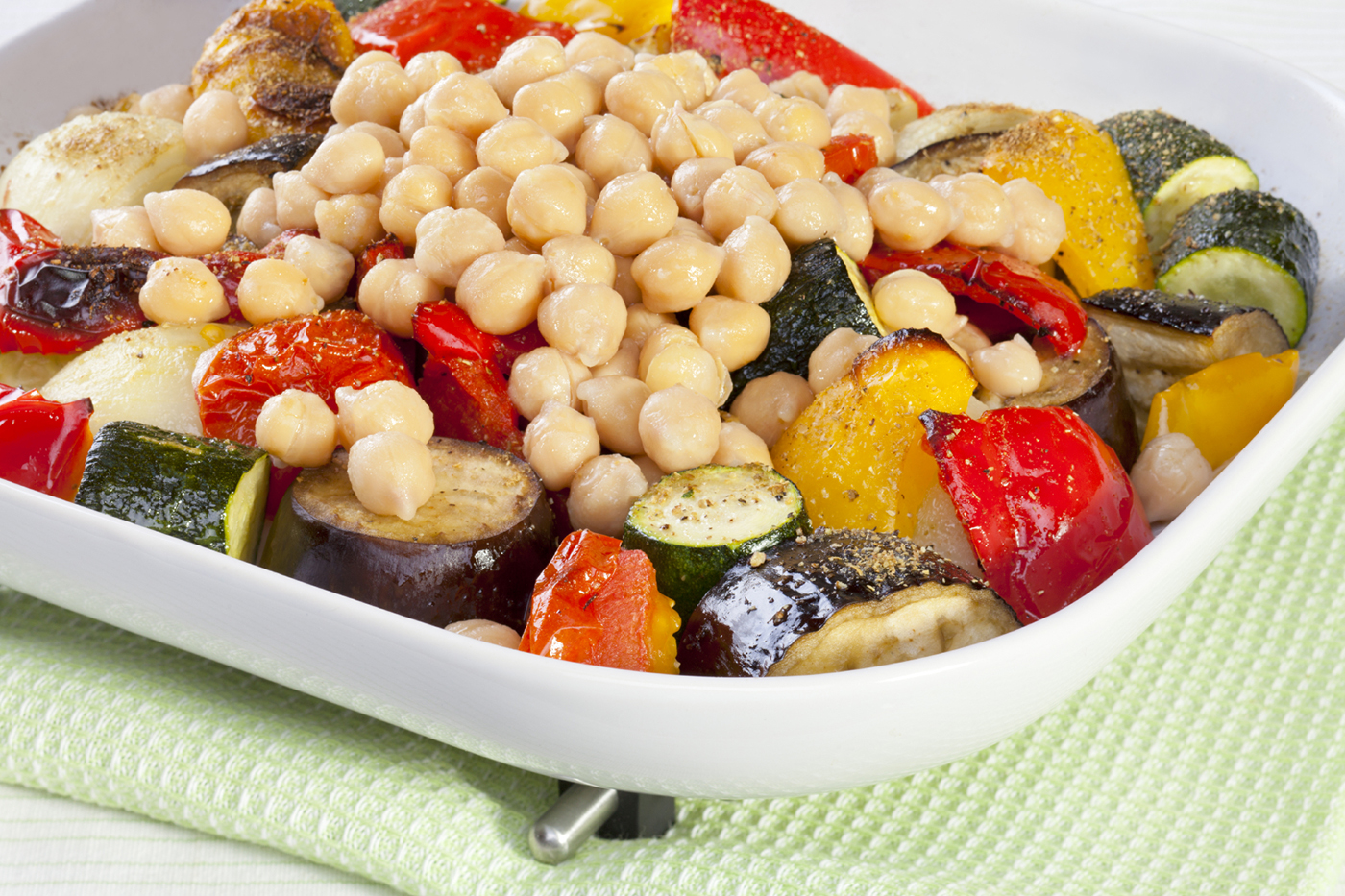If you’re a Health Watch reader, you know how important it is to limit your carbohydrates. A low-carb diet helps reduce inflammation that can lead to heart disease and cancer.1 It also keeps your blood sugar from spiking, which may reduce your risk for diabetes. And the mainstream is finally starting to catch on…
But they don’t see the big picture yet.
A new study in the British Medical Journal found that eating an “Eco-Atkins” (EA) vegan diet may lower heart disease risk by 10% over 10 years. At least that’s what the headlines say. But the truth is that’s not what the study actually found.
First of all, you need to know what an EA diet is. Don’t let the trendy name fool you—it’s just the Atkins diet without any meat or fish. The idea is that eating a low-carb diet free of animal proteins—but rich in fruits, vegetables, and grains—helps lower cholesterol. It should also prevent heart disease. You may even see a decrease in body fat. But this study doesn’t show the benefits of an EA diet over a typical low-carb or Atkins style diet…
Researchers put the subjects into two groups. The first ate the EA diet. The second group ate a high-carb vegetarian diet that included dairy products and eggs. After six months, the EA group had 10% lower average LDL cholesterol. They also lost about four more pounds than the high-carb group.2
The researchers used this data to hypothesize that eating an EA diet over the course of a decade may help prevent heart disease. But the study only took place over the course of six months. Saying that an EA diet lowers heart disease risk over a 10-year period is nothing more than an educated guess.
Another problem? Only 23 participants completed the study. That’s a small population to begin with. And subjects were either men with too much fat in their blood or postmenopausal women. Not exactly a diverse representation of the population.
Yet another red flag we see is that the people on the EA diet were eating grains, wheat, soy, and gluten.3 We’ve told you before that all of these cause inflammation—or worse—in your body. We just can’t get behind any diet that emphasizes these dangerous foods. And speaking of what they ate…
Neither group in this study ate meat. When most people see a headline claiming an EA diet lowers heart disease risk, they’ll think it’s in comparison to a diet that includes animal proteins. But this study didn’t include them at all. That’s a shame. Grass-fed beef and wild-caught salmon are both rich in the healthy fats your body needs to help prevent heart disease and inflammation.
One thing the EA diet does get right is its emphasis on leafy green vegetables. Eating those and colorful fruits rich in anthocyanin help reduce your risk for heart disease and stroke. And don’t worry about ditching the grains. You’ll find more beneficial fiber—without the inflammation—in raspberries, peas, blackberries, and artichokes.4 But these aren’t the only ways to help prevent heart disease.
Some brave doctors are finally telling the truth about what really causes—and treats—heart disease. Like the natural supplement a Mayo Clinic professor prescribes to all his heart patients…and the nutrient from fruit shown to lower cholesterol safer than a popular prescription drug.
Discover all the details on these and more, HERE.
Like this Article? Forward this article here or Share on Facebook.
References:
1http://www.sciencedaily.com/releases/2014/05/140508095415.htm
2http://bmjopen.bmj.com/content/4/2/e003505.abstract?sid=3fafb503-47cc-4d73-a17d-f771d8ae0bee
3Idem
4http://institutefornaturalhealing.com/2014/06/these-essential-foods-may-lower-stroke-risk-by-32-or-more/

